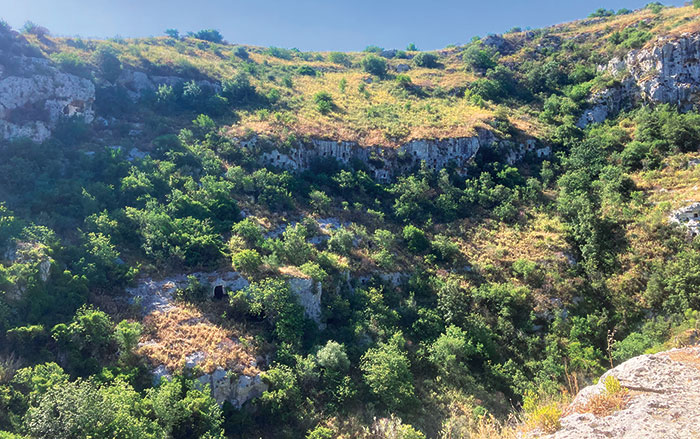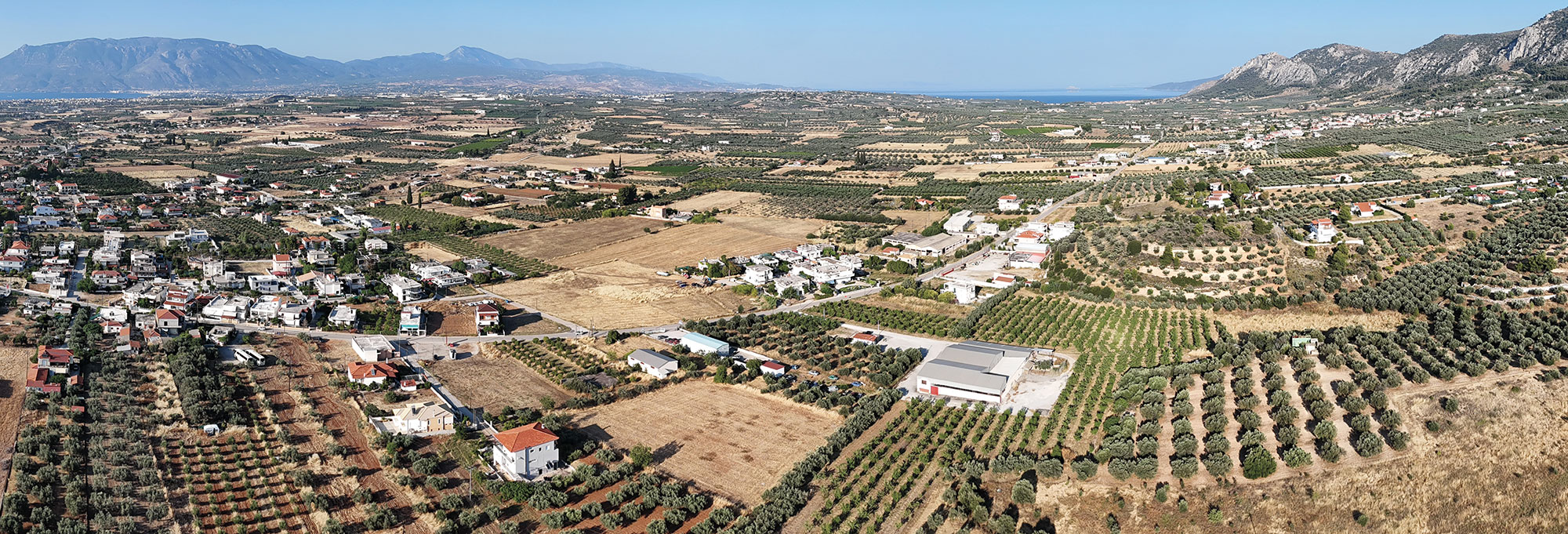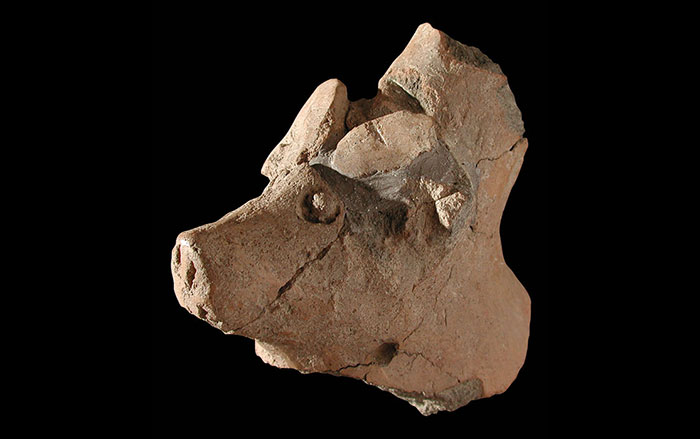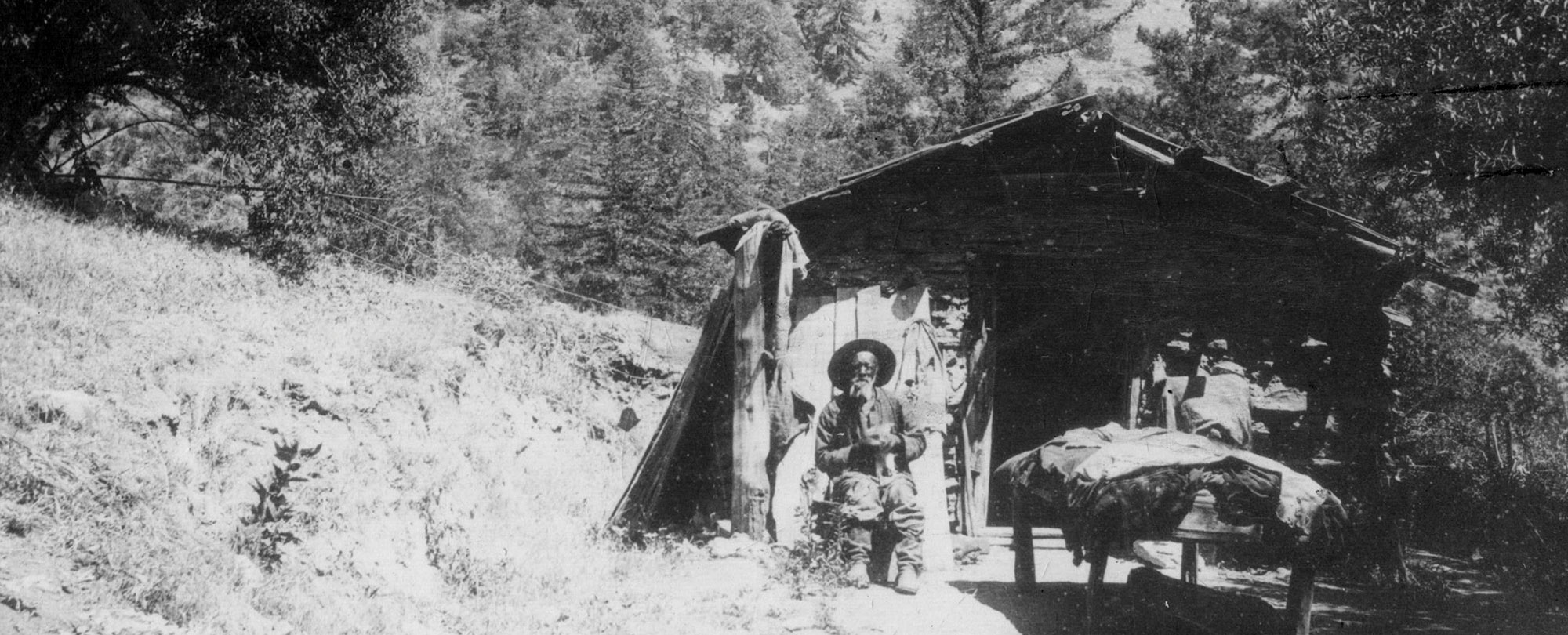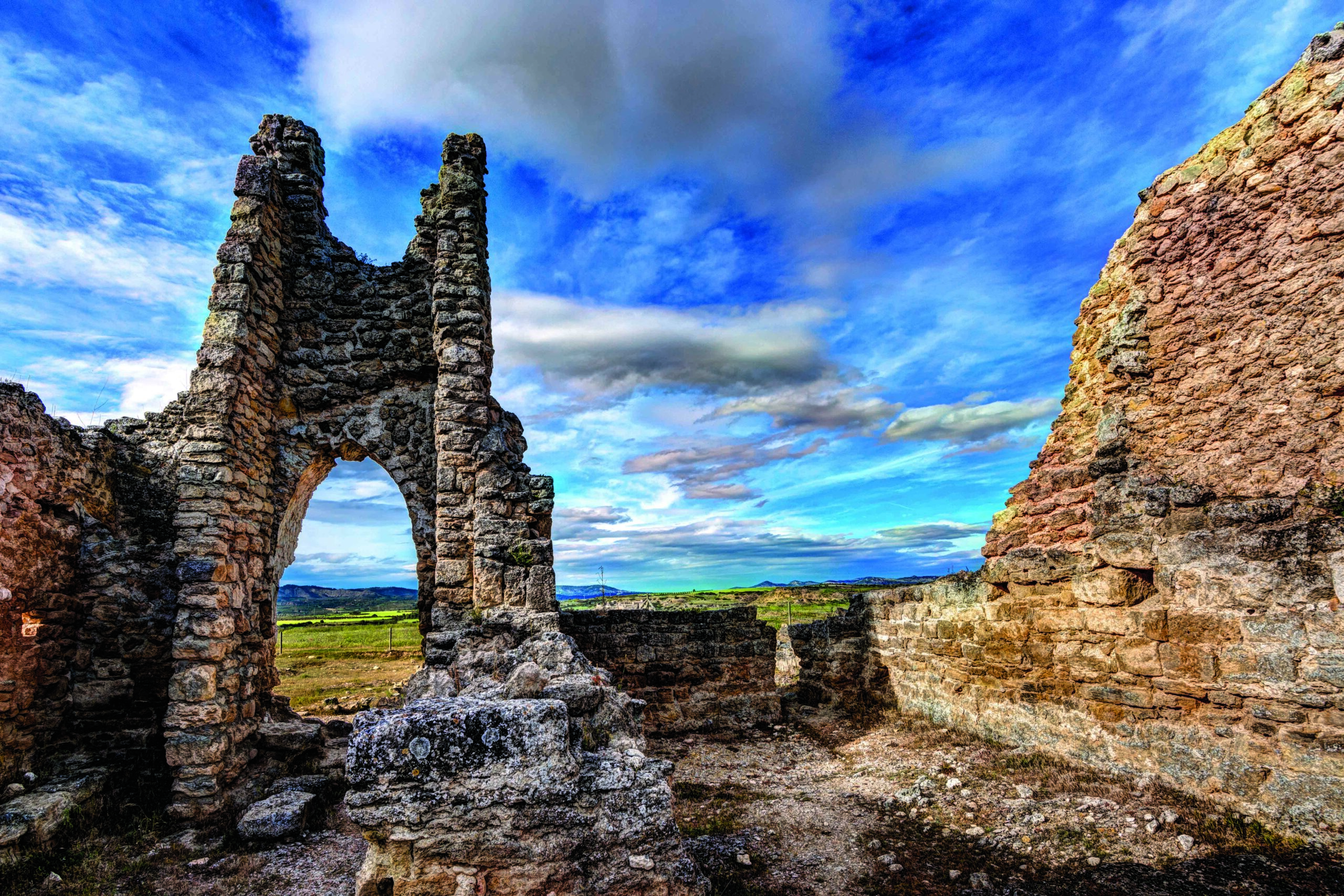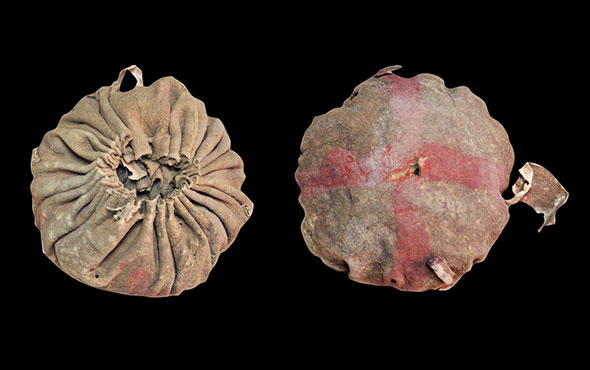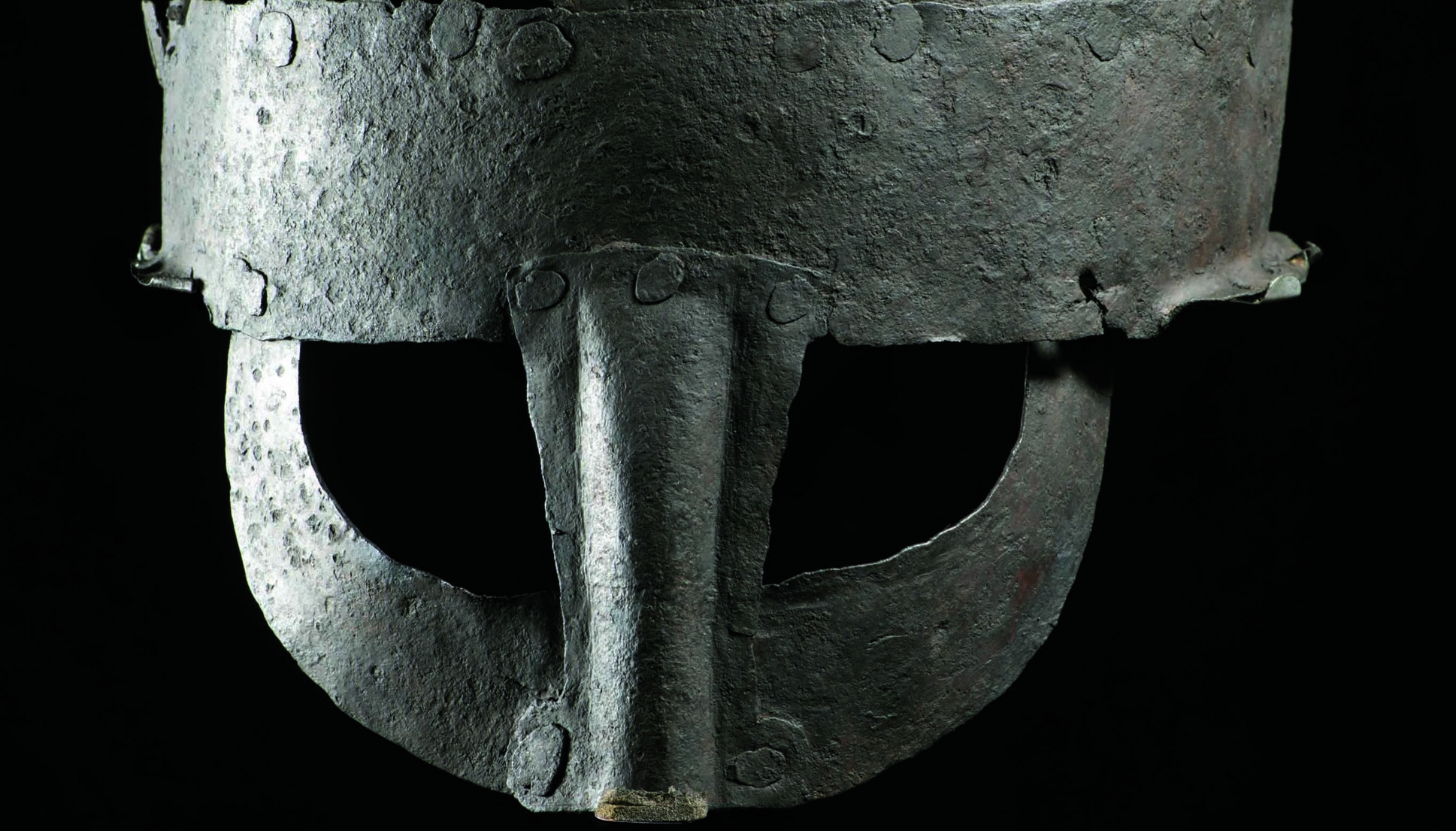
ATHENS, GEORGIA—According to a statement released by PLOS, Katherine Reinberger of the University of Georgia and her colleagues analyzed the chemical composition of the tooth enamel of 62 soldiers who fought in the Battles of Himera, in what is now Sicily. In 480 B.C., soldiers from the Greek city stopped an invading army from Carthage, but in 409 B.C., when Carthage attacked again, Himera fell. Greek historians Herodotus and Diodorus Siculus wrote that Himera’s soldiers were successful in the first battle because they were aided by Greek allies. The chemical composition of the soldiers’ teeth indicates that about one-third of those who fought in the first battle were locals, compared to three-fourths of the army in the second battle. The researchers suggest that while their results corroborate the claims made by the ancient historians, many of those foreign soldiers may have been hired mercenaries rather than allies. Read the original scholarly article about this research in PLOS ONE. To read about the search for the theater at an ancient Greek sanctuary, go to "Sicily's Lost Theater."


